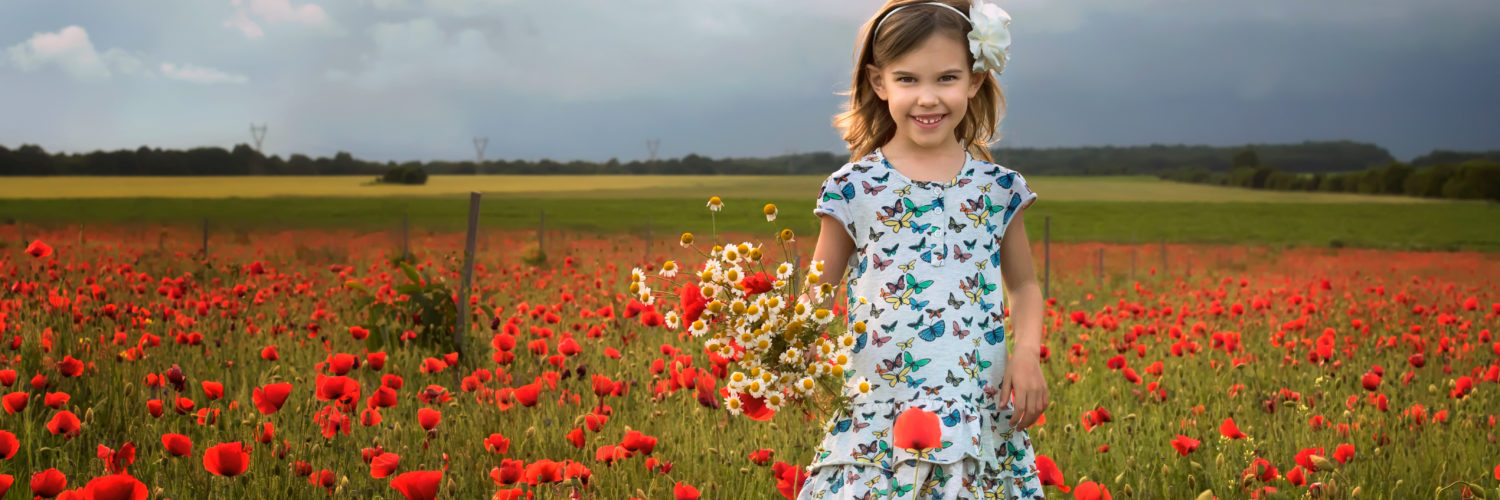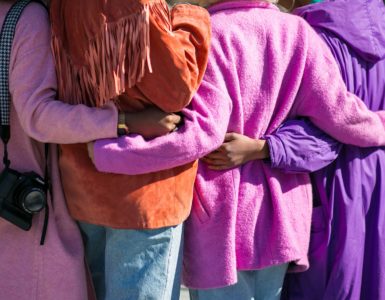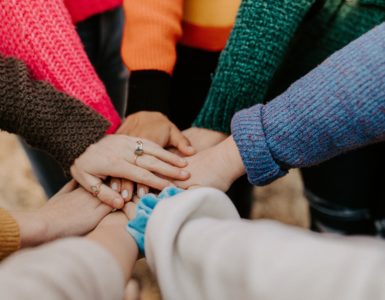Background of Easter
Christian Definition
Easter is a holiday celebrated in countries with a Christian majority. Easter is a celebration of the resurrection of Jesus in the Christian faith. Christians believe that Jesus died on the cross for our sins and then rose again on the third day for the atonement of all who believe in Him. It is believed that when Jesus rose from the grave on the third day, He arose with new life for all who believed. The story of Jesus and His life, burial, resurrection, and ascension into Heaven is one for all believers or non-believers to know the power of Jesus and about the eternal life that comes after we die on Earth. So what does Easter have to do with adoption?
Easter has a theme of new life through symbols like eggs, baby chicks, and Easter bunnies. New life is a theme that we see in the adoption triad. Adoption is life-changing for the members of the adoption triad and it creates something new. As different cultures merge, there is a sense of new life in a family. For me, the connection between adoption and Easter is new life. When people come together to form a more complete family, a sort of merging takes place and a new, combined life is formed. It is important to keep in mind and adopt cultural traditions, including holidays like Easter, if an international adoption takes place. This is to honor that newly formed relationship and life together.
Easter Was Not Always a Christian Holiday
Despite being connected to Christianity, Easter was not always a Christian holiday in celebration of the resurrection of Christ. Easter was first a spring pagan holiday of renewal and rebirth. The holiday praised the goddess Easter. When early Christian missionaries guided the Saxons to Christianity, they melded this spring holiday’s pagan festival. Because it occurred near the same season as the traditional memorial of Christ’s resurrection from the dead, the missionaries changed its meaning and it became known as Easter. The meaning of Easter was also changed to honor its new Christian significance. Even today, some refuse to say the word “Easter” because of its pagan background. Instead, some Christians call Easter “Resurrection Day” in honor of Jesus and His resurrection from the dead.
Adoption is a Life-Changing Event
Anyone who goes through adoption will tell you that it is life-changing. The life changes that take place during adoption are as varied as the people involved, from social workers to adoptees. Due to the life change, adoption ushers in newness in life. I know that for our family, it ushered in a new sense of normal due to the addition of our son’s culture into our lives.
While the sense of newness is ushered into the family, it does come with a past. Though adoptive parents would want to focus on the “new,” adoptees will have many moments where they will focus on the past. It takes time to figure out how to blend the two in such a way that creates a path forward in the adoption journey. New life can feel scary but eventually, you become accustomed to the new normal. Just as for our precious little boy.
Culture is Important
New life in the family creates a new culture for the adopted family. Overall, what is culture? Derek Williams in his article “How Do You Celebrate Your Child’s Culture and Holidays?” states that culture is a common set of traditions and principles that are established and passed down by a group of people. This can include food, language, religion, dress, and holidays. Culture varies from continent to continent, country to country, state to state, and town to town. The differences in culture are something that you see in America quite often because America has a large mixture of cultures.
My son came to our family with a South African background, his mannerisms were more traditional and respectful when it came to students and teachers. When he went to his first school in America, they expected him to speak out and speak loudly to get his point across. This was foreign to him. Then he went to a school where the majority of the students were of an immigrant population and this caused him to feel much more comfortable because the manners and expectations of respect were more familiar to him.
One Special Easter of 2019
Easter weekend of 2019 changed my life because our adoption went through and I gained custody of my son. As a teacher, it was my spring break from school. We picked up our son on the Thursday before Good Friday and then kept him since. We spent the weekend doing the best we could with Easter activities. While there were no Easter decorations in the local market near us, I figured we could do an Easter egg hunt with actual eggs. I sat and read a story to my son about Easter and explained to him that we were going to walk to the grocery store to find eggs to boil and then we were going to hide them. My husband was working on his final thesis for graduate school and it was just my son and I doing Easter activities until Sunday.
After the adoption placement, our son was still grieving from leaving his home that he’s known all of his life, but he participated in Easter activities anyway. We bought some eggs from the market and boiled them on the stove. I remember looking at my son’s eyes and noticing the curiosity in his face. I took the eggs out of the pot and had them cool. Then I had him occupied while I hid the eggs in the courtyard outside our guest house.
After I hid the eggs, he came out and started looking for the eggs. He was hesitant when beginning to search for the eggs but eager to look around. Once he found one egg, he was very excited and then he searched for another and another. Afterward, he wanted to do an Easter egg hunt again so I re-hid the eggs for him to find again. It was a wonderful way of getting him moving and a time to bond together.
My husband and I decided that just like every Easter, we would go to church. We learned that it was a tradition in South African culture as well. We found a church close by and we took our son with us. At the church, they sang in the different predominant languages for South Africa (Zulu, Afrikaans, and English). The pastor gave a lovely Easter message and had various activities for the children. It was the church that we attended each Sunday that we were in South Africa.
Our son loved being in the Children’s Ministry and we loved listening to the messages in different accents. It was a beautiful experience for us to be at church together for Easter. During that service, we took the time to learn the different traditions that South Africans had for Easter. We wanted to incorporate these things into our future Easter celebrations. The church members at the church were very helpful in educating us about Easter in South Africa.
New Life in our Family
The new life that came into our family changed our family forever. Our son with his culture opened up the door for fresh eyes into our family when it came to examining our own culture. I believe that before we adopted our son, my sister would not have called me during a movie out of excitement because she recognized our son’s name, which is Zulu. In our home, there is a sense of awareness and thoughtfulness when discussing holidays and religious practices. We try to incorporate South African traditions and ideals in our African-American home. This is helpful with the advice from other South African and African-American elders.
The term “new life” in Christianity can blend earthly adoption with spiritual adoption. This can cause some heartache and confusion in the adoption community. Many pastors preach that we all were adopted by God, which is true, but the circumstances behind being adopted by God are very different. Pastors and church leaders need to be careful in comparing spiritual adoption to earthly adoption. The grafting is the same because you are adopted into God’s family as if you are adopted into an earthly family. But the contexts behind an earthly adoption vs. a spiritual adoption are very different.
Resources for Adoptive Parents
Research Easter Traditions from the Adoptee’s Background
If the child is from another country, learn how the other country celebrates Easter. While the holiday is the same, countries celebrate the traditions very differently. For example, American Christians attend a church service followed by an Easter egg hunt. Sometimes, the egg hunt is held around that weekend instead of right after church service. While those traditions happen in America, in Ukraine, their Easter tradition, my friend speaks about celebrating Easter on another Sunday. Just like Americans, they have a special Easter service filled with pysanky (decorated eggs) and blessed early on Easter Day in many homes. In Australia, there is an Easter bilby, an endangered marsupial, instead of an Easter bunny.
If the Child is Older, Ask the Adoptee Questions about Easter
Easter traditions are celebrated differently and for a school-aged adoptee or foster child, it can be confusing to quickly adapt. My son was almost three and he was confused about the Easter traditions that we had him participate in. Derek Williams says in his article “How Do You Celebrate Your Child’s Culture and Holidays?” that it is important to not force your child to celebrate a certain holiday “our way.” Be flexible with the child and adjust the home to keep the child connected to their culture. You want the child to feel as though they are connected with their culture and out of respect, you should connect with their culture as well.
It is a fact that some countries do not recognize Easter as a religious holiday. Some places will have chocolates and Easter egg hunts with an Easter bunny, but the Christian meaning of Easter is not shared. For example, in Japan, Easter is recognized as a secular holiday. I believe that if the adoptee comes from a country that doesn’t celebrate Easter or any other typically American holiday, that should be acknowledged. I believe that adoptive families’ holidays and traditions can be honored, but balance is required. Honor the child’s background as well as your own.
Easter is Not the Only Example
Every holiday holds a time for family, worship, and fellowship (usually involving food). On other holidays, we come together to celebrate, worship, and have a little fun. Yet for adoptive families, especially those who have adopted internationally, unique questions, decisions, and preparation go into these treasured holiday celebrations. There are some traditions where the adoptee grew up in another religion or from another background.
These are the times that you have to ask yourself as the adoptive parents three questions: Are we going to celebrate the adoptee’s religion in our home? What are some resources that we can turn to to connect the culture of the child with our culture? What holidays and traditions are we going to continue in our home?
The connection between “new life” at Easter with the newness of spring and the resurrection of Christ brings hope for the season. Just as in Easter, adoption holds hope in the newness of family and culture. It is this newness and the complexity of it all that we walk in and muddle through every day. It can be the joy of our adoption journey.




